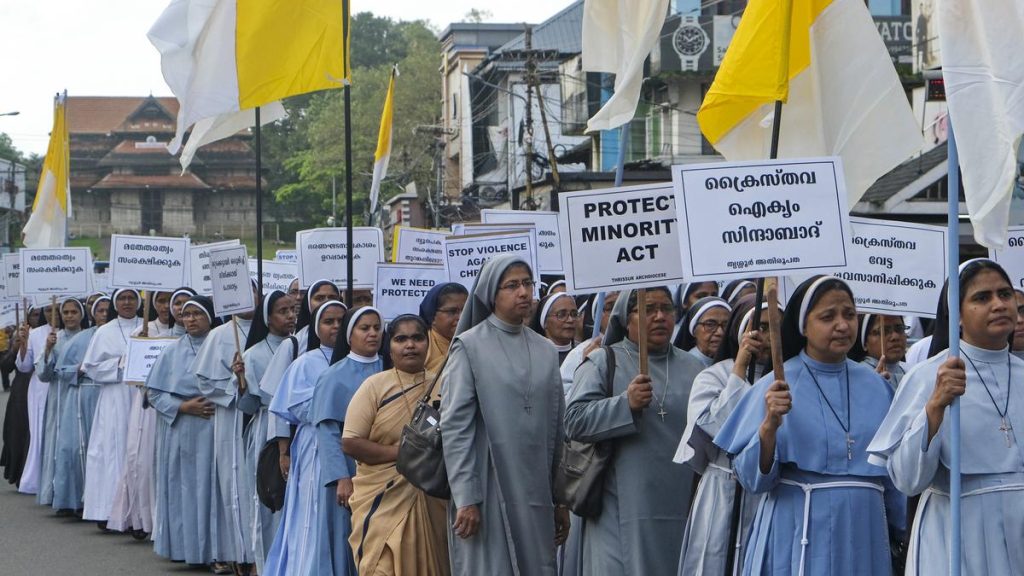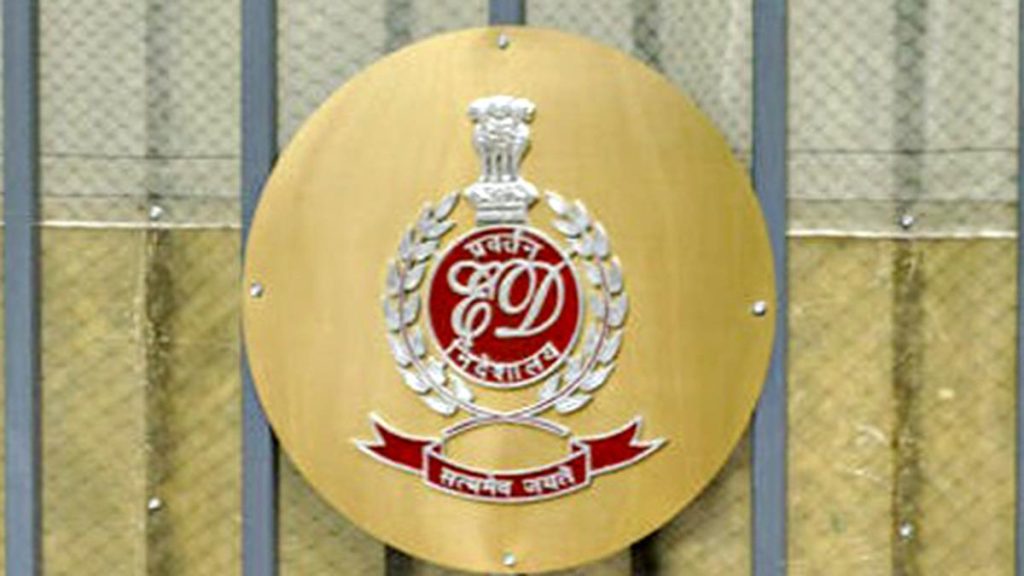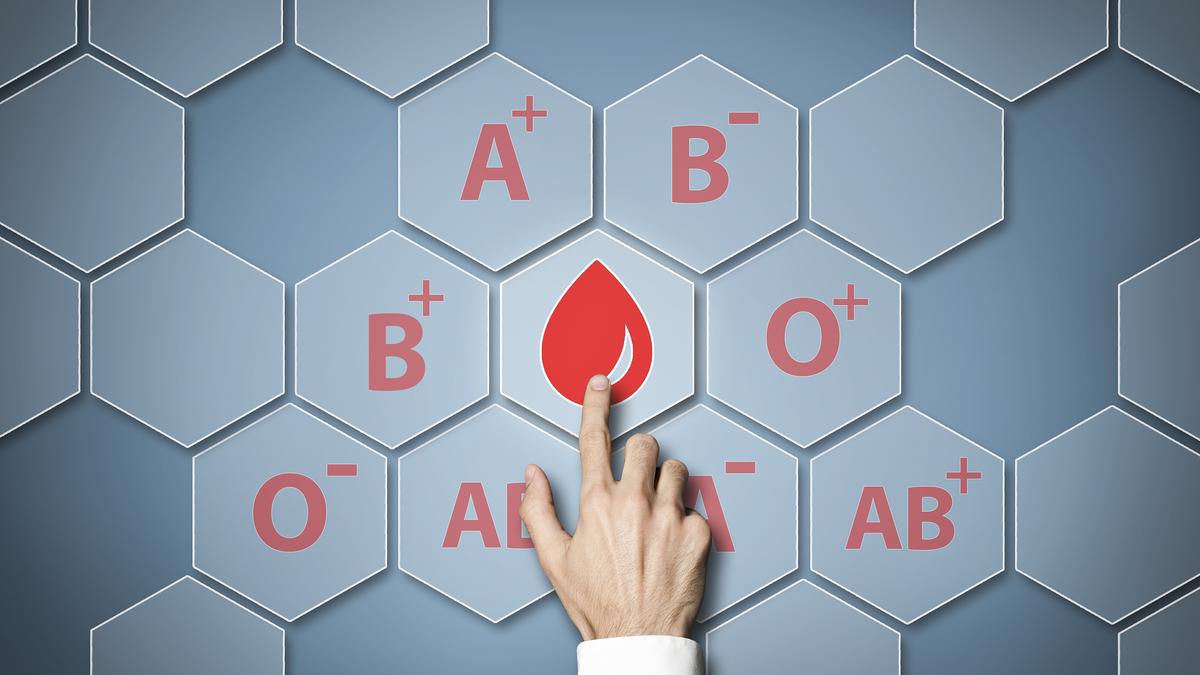Now Reading: Understanding Alzheimer’s and Other Types of Dementia
-
01
Understanding Alzheimer’s and Other Types of Dementia
Understanding Alzheimer’s and Other Types of Dementia

Speedy Summary
- Dementia refers to a group of diseases that impair memory, thinking, and reasoning due to brain cell decline.
- Over 57 million people are currently living with dementia globally, mostly affecting individuals aged 65 and older.
- common types of dementia include:
– Alzheimer’s disease: Accounts for 60%-80% of cases; caused by protein buildup leading to difficulty in neuron interaction.
– Vascular dementia: Second most common type; results from blood flow issues like strokes.
– Lewy body dementia: Caused by abnormal protein deposits affecting brain chemicals.
– Frontotemporal dementia: Affects younger individuals aged 45-64 and impacts behavior and language.
– Mixed dementia: Combines multiple forms seen typically in older adults above 80.
- Dementia may have genetic or secondary causes linked to conditions like Parkinson’s, HIV/AIDS, or traumatic brain injuries.Heavy alcohol use or nutrient deficiencies may also mimic symptoms but can be reversible if treated early.
- Early signs include memory loss,confusion with time/place,withdrawal from work/social activities,misplacing items,or changes in personality/mood.
- While there is no cure yet for progressive dementias like Alzheimer’s, treatments such as donanemab and lecanemab aim to slow cognitive decline; therapies help manage symptoms effectively.
Indian Opinion Analysis
Dementia represents an evolving global health challenge that will impact India significantly as the country experiences rapid demographic aging. With an increasing elderly population (expected to reach nearly 20% by 2050), India faces a potential surge in age-related illnesses such as alzheimer’s disease and other dementias.
The widespread lack of awareness about these conditions poses challenges including delayed diagnosis and inadequate care infrastructure for patients and caregivers alike. Moreover,India’s cultural values emphasize family-centered caregiving over institutionalized care models seen elsewhere-a factor that could strain families as they balance healthcare responsibilities alongside rising economic demands.
Investments in public health campaigns promoting early detection through awareness programs are critical alongside efforts encouraging lifestyle changes (e.g., regular exercise) proven beneficial against cognitive decline risks. Strengthening healthcare infrastructure tailored for geriatric needs will align well with the country’s long-term goal of equitable health outcomes across various population strata.


























